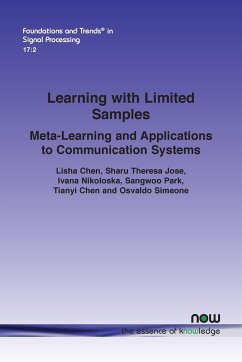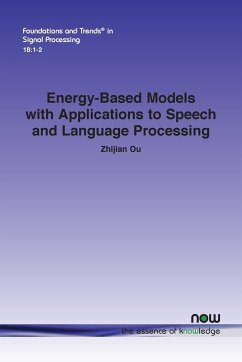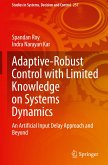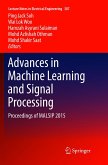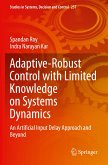Deep learning has achieved remarkable success in many machine learning tasks such as image classification, speech recognition, and game playing. However, these breakthroughs are often difficult to translate into real-world engineering systems because deep learning models require a massive number of training samples, which are costly to obtain in practice. To address labeled data scarcity, few-shot meta-learning optimizes learning algorithms that can efficiently adapt to new tasks quickly. While meta-learning is gaining significant interest in the machine learning literature, its working principles and theoretic fundamentals are not as well understood in the engineering community. This review monograph provides an introduction to meta-learning by covering principles, algorithms, theory, and engineering applications. After introducing meta-learning in comparison with conventional and joint learning, the main meta-learning algorithms are described, as well as a general bilevel optimization framework for the definition of meta-learning techniques. Then, known results on the generalization capabilities of meta-learning from a statistical learning viewpoint are summarized. Applications to communication systems, including decoding and power allocation, are discussed next, followed by an introduction to aspects related to the integration of meta-learning with emerging computing technologies, namely neuromorphic and quantum computing. The monograph concludes with an overview of open research challenges.

